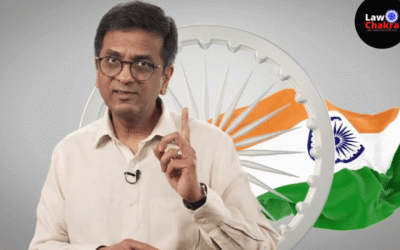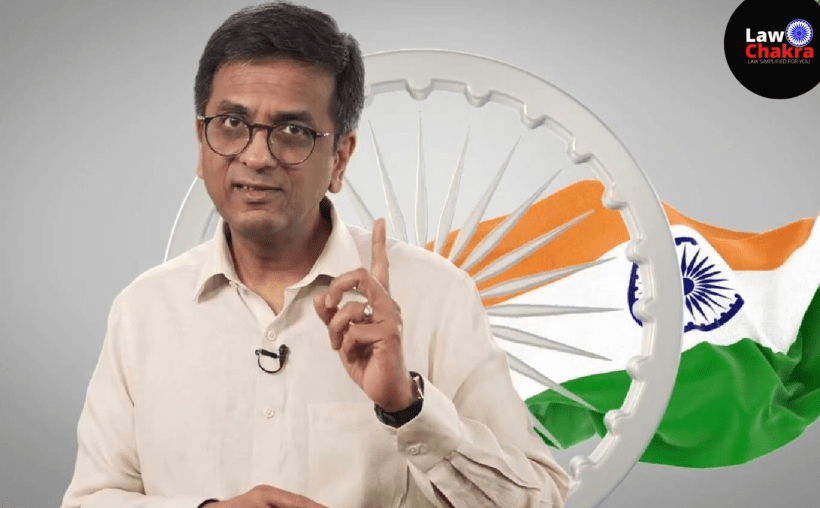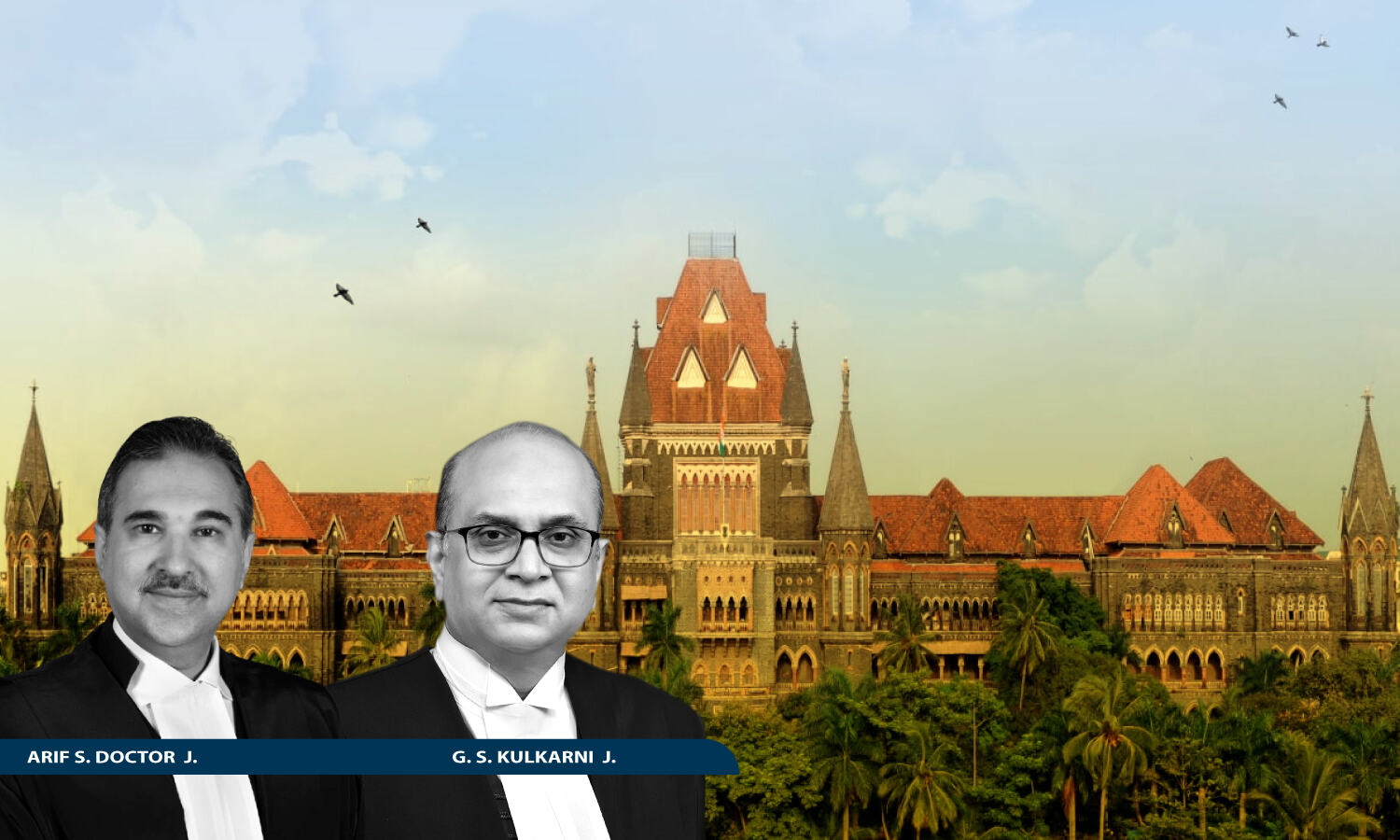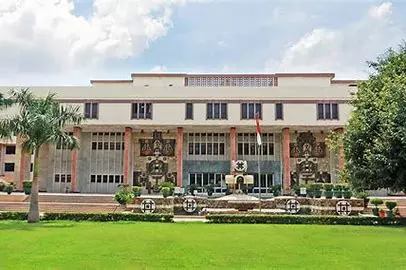Delhi Lawyers To Boycott Judicial Work On June 9 Over Shifting Of Digital NI Act Courts To Rouse Avenue
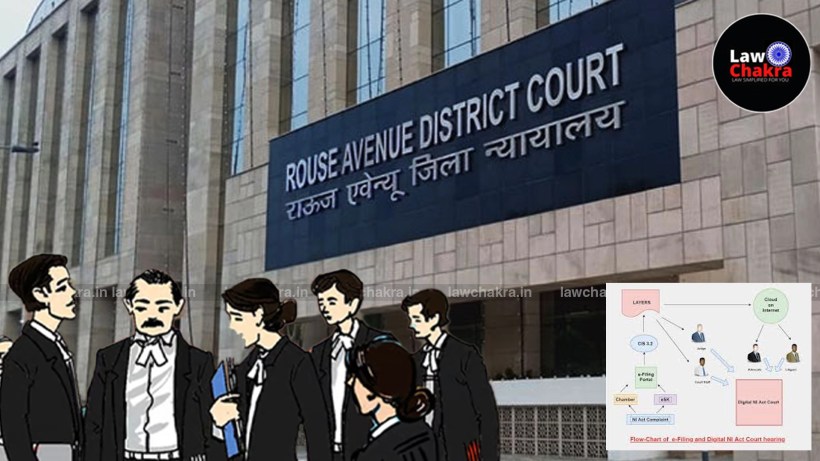
On Friday, Chief Justice of Delhi High Court, Justice Devendra Kumar Upadhyaya, inaugurated the 34 new digital courts at Rouse Avenue, which are meant to exclusively handle cheque bounce cases under the NI Act.

NEW DELHI: In a major change affecting Delhi’s lower judiciary, lawyers from all district courts across the national capital have decided to stay away from work on Monday, 9th June 2025.
This decision comes in protest against the recent move to shift judges of 34 digital NI Act (Negotiable Instruments Act) courts—dedicated to hearing cheque bounce cases—to the Rouse Avenue Court complex.
ALSO READ: Saket Court Lawyers Boycott Court Over Alleged ‘Brutal’ Assault on Advocates in Mehrauli
Even though only the judges are being shifted, the rest of the court staff—including readers, ahlmads (clerks), and stenographers—will continue working from their original district court complexes. This split setup has upset many lawyers.
As per a circular issued on June 6 by the Coordination Committee of all lower courts in Delhi, “In an emergent meeting, the Co-ordination Committee has taken serious note of unrest amongst advocates against the shifting of digital courts to Rouse Avenue Court, and it has been resolved to register strong grievance/resentment against the same. Accordingly, it is unanimously decided to abstain from judicial work in all district courts on Monday i.e., 09.06.2025, in protest…”
Lawyers argue that the transfer is unnecessary and causes inconvenience.
Advocate Dhir Singh Kasana, former Secretary of the Saket Bar Association, questioned the move, saying, “When we have sufficient courtrooms in Saket, why are our Courts being shifted… We are being told only judges have been moved to Rouse Avenue Court, but a circular outside a courtroom states that all matters will be physically taken up at Rouse Avenue.”
ALSO READ: Cal HC Lawyers Boycott Court Hearings in Protest Against Three New Criminal Laws
The affected 34 digital courts include:
- 9 from Dwarka
- 7 from Tis Hazari
- 6 from Saket
- 5 from Karkardooma
- 4 from Rohini
- 3 from Patiala House Court
On Friday, Chief Justice of Delhi High Court, Justice Devendra Kumar Upadhyaya, inaugurated the 34 new digital courts at Rouse Avenue, which are meant to exclusively handle cheque bounce cases under the NI Act.
An administrative order issued by Principal District and Sessions Judge and Special Judge Kanwal Jeet Arora from Rouse Avenue Court read:
“The following judicial officers shall occupy and hold their courts in court room numbers mentioned against their names with immediate effect.”
To clarify the arrangement, another order dated May 31 added:
“As per the directives of the Hon’ble High Court of Delhi, New Delhi, vide notification… dated 30.05.2025, the courts shall continue to be under the administrative control/supervision/ jurisdiction of the districts concerned to which these courts belong.”
This means that while judges will now sit at Rouse Avenue on the 7th floor of the building (near ITO Metro in Central Delhi), all court staff and records will still operate from the original district courts.
The Delhi High Court, in its May 30 notification, explained the reason for the shift:
“Optimal utilisation of available infrastructure and resources” and “inadequate space” in the current district court complexes.
The High Court further stated:
“The remaining arrangement, including support staff deployment and recording of evidence from the respective District Court Complexes, shall continue as per the previous directions/practice until adequate and permanent space is made available in the District Courts concerned to which these Digital NI Act Courts ultimately belong.”
And it added:
“However, these Courts shall continue to be under the administrative control /supervision/ jurisdiction of the districts concerned to which these courts belong. The readers, ahlmads, and judicial records of these Digital NI Act Courts would also continue to function from their original districts so as to avoid any inconvenience to the litigants, lawyers, and stakeholders.”
Lawyers, however, feel that the arrangement will increase confusion and waste time for advocates and clients.

